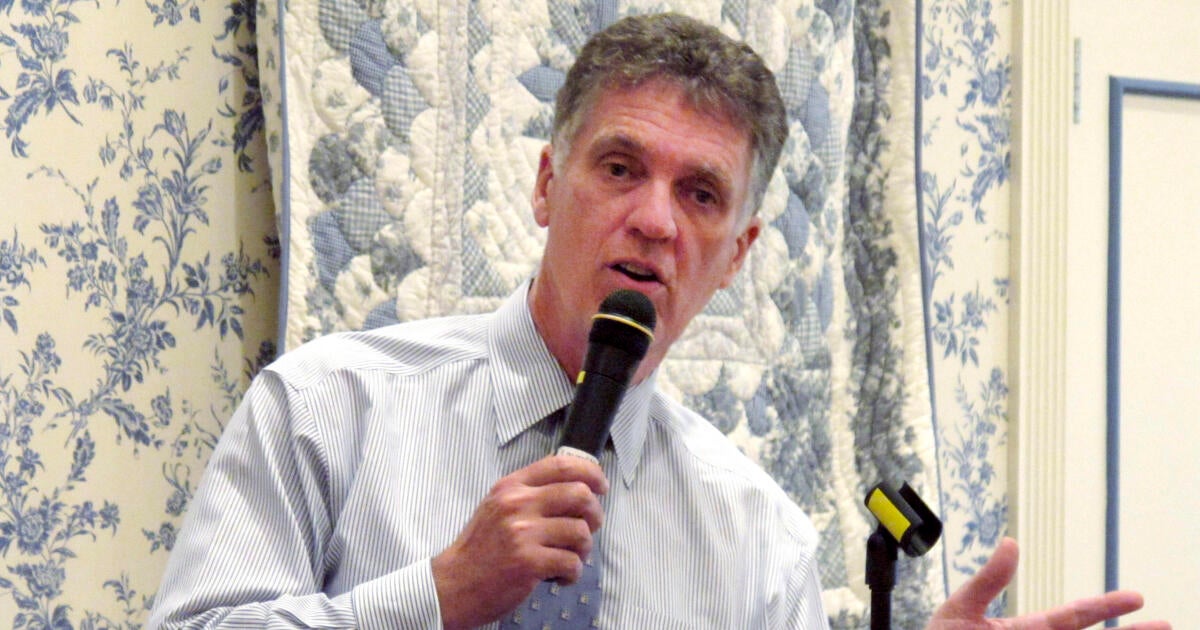The White House has officially withdrawn the nomination of former Florida Representative Dave Weldon to be the director of the Centers for Disease Control and Prevention (CDC), according to a White House official who confirmed this development on Thursday.
When questioned about the reasons for withdrawing Weldon’s nomination, an administration official stated, “It was clear he did not have the votes in the Senate,” indicating a lack of support for his appointment amongst the Senate members.
Weldon, a critic of vaccines, was scheduled to appear before the Senate’s health committee on Thursday for his confirmation hearing. However, less than an hour before the hearing was to commence, news broke out about the withdrawal of his nomination. It was anticipated that the committee would interrogate him regarding his extensive history of criticizing vaccines as well as the agency he was nominated to lead. Weldon, who is a physician, also previously served as a Republican member of Congress.
In recent weeks, the CDC has been subjected to increasing scrutiny from senators. This scrutiny is due in part to the agency’s decision to reopen investigations into potential links between vaccines and autism. Furthermore, concerns have been raised over an abruptly cancelled meeting of the agency’s outside immunization advisers. The meeting has yet to be rescheduled, further fueling these concerns.
Health and Human Services Secretary Robert F. Kennedy Jr. has also been criticized this week for overstating the risks of measles vaccines while addressing the record outbreak in Texas, New Mexico, and Oklahoma. Kennedy, who’s department is in charge of overseeing the CDC, also has a history of criticizing vaccines.
This information was first reported by Axios, stating that the White House was pulling Weldon’s nomination.
Had his nomination not been withdrawn, Weldon would have been the first CDC director nominee to face Senate confirmation, following a change implemented by Congress. Prior to this change, individuals chosen to head the Atlanta-based public health agency were able to assume their posts immediately.
The decision to withdraw Weldon’s nomination highlights the contentious issue of vaccines and public health within the current political sphere. As a vaccine critic, Weldon’s nomination raised questions about the administration’s stance on vaccine safety and efficacy. His withdrawn nomination is a significant development, as it could potentially influence future nominations for this important public health position.
Despite the withdrawal of his nomination, there is no doubt that the discussions and debates around vaccine safety and efficacy, and the role of the CDC in this, will continue. The CDC plays a crucial role in public health, particularly in times of health emergencies, and its leadership should ideally reflect the best interests of public health and safety.
It remains to be seen who will be nominated in Weldon’s place and whether they will face similar scrutiny or controversy. However, it is clear that the issues surrounding vaccine safety and the leadership of the CDC will continue to be a topic of discussion and debate in the foreseeable future.
The withdrawal of Weldon’s nomination is a reminder of the importance of leadership in public health institutions. The director of the CDC plays a crucial role in guiding public health policy and responding to health emergencies. As such, it is essential that this role is filled by someone who can effectively lead the agency and make decisions that are in the best interest of public health.
As we await the nomination of a new candidate for the director of the CDC, it is important to remember the critical role that this agency plays in our society. From responding to health emergencies to conducting crucial health-related research, the work of the CDC is integral to the health and well-being of Americans. As such, the leadership of this agency should be a matter of utmost importance and should be treated as such.
Ed O’Keefe, a reporter for CBS News, contributed to this report.









